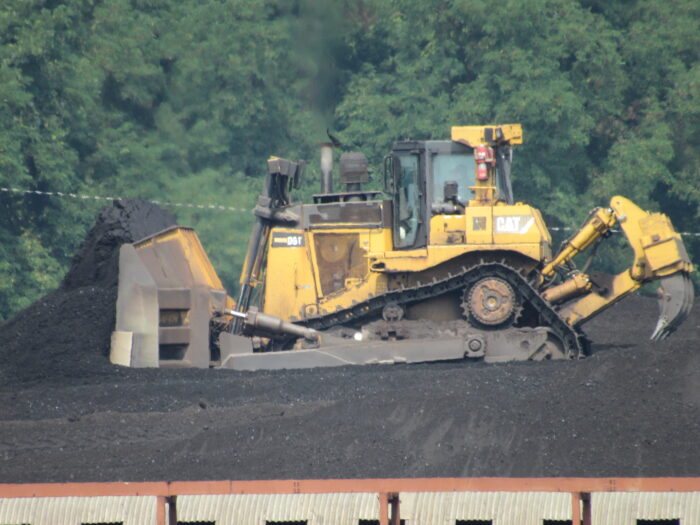Keeping the Pleasants Power Station in operating condition, as Mon Power proposes to do, has a downside for state and local government.
On Monday, the West Virginia Public Service Commission gave Mon Power and Potomac Edison the go-ahead to negotiate a deal to keep the Pleasants plant from shutting down next month.
If an agreement is reached with the plant’s owner, ratepayers will pick up a surcharge to keep the plant’s workers on the payroll, the equipment in operating condition and the tax revenue going to Pleasants County.
The plant would not produce electricity. Which means it will not burn the 3 million tons of coal a year it receives mostly from Marion, Marshall and Ohio counties.
And the coal it does not consume will not generate severance tax revenue for state and local government. Idling Pleasants will cost the state millions of dollars in severance tax.
Severance tax revenue was a large part of the budget surplus the state accumulated last year.
Coal prices have recently been over $100 a ton. The severance tax is 3.95 percent. If the plant consumes 3 million tons a year, the state should receive $11.85 million in severance tax.
Local governments receive a 10 percent share of that, so $1.85 million at that price.
Even at the current $75 a ton price for Northern Appalachian coal, the state would still lose $8.9 million in severance tax, and local governments would lose nearly $1 million.
Add WVPB as a preferred source on Google to see more from our team


























